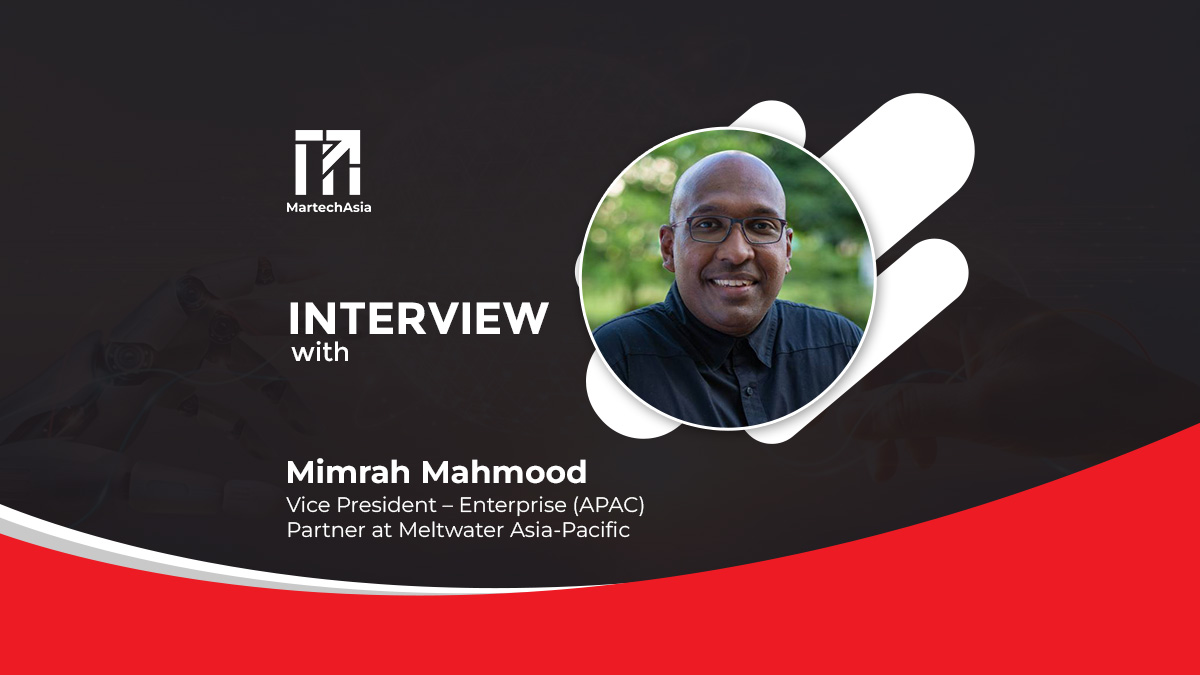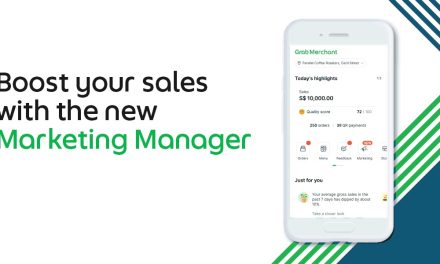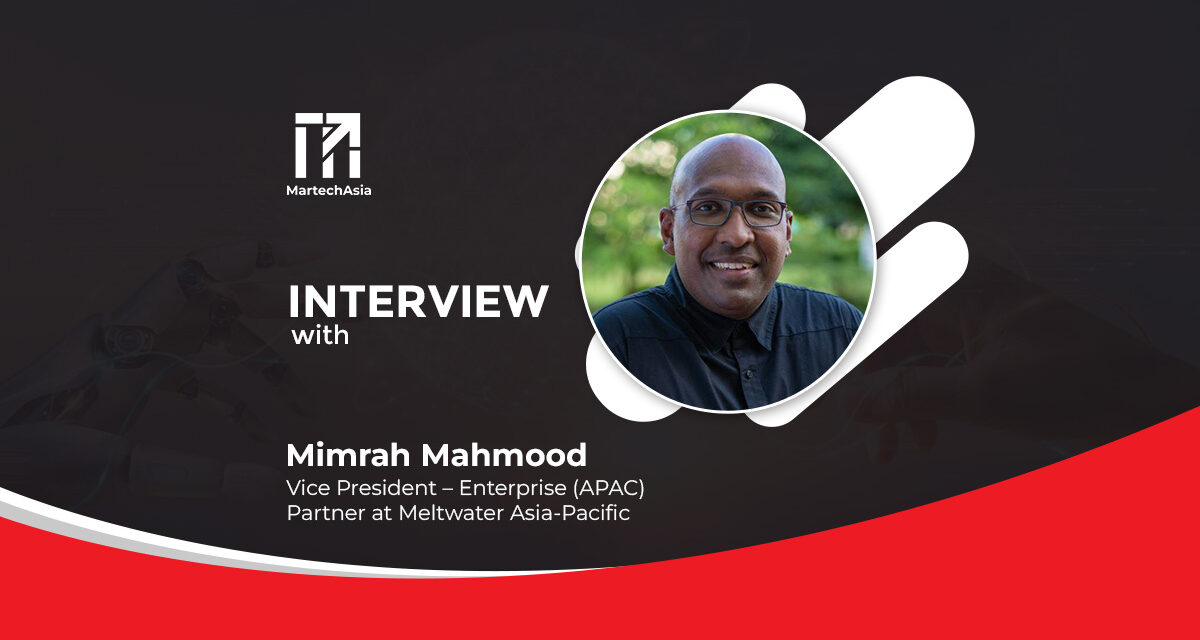
Meltwater sees AI technologies as not replacing humans but acting more as ‘assistants’ which can help make smart data-recommendations.
In today’s tech environment, speed, agility and the ability to leverage data and intelligence can be key to successful digital transformation and innovation. The sheer volume of data integrating disparate data can however prove complex and daunting for many organizations.
Mimrah Mahmood, Vice President – Enterprise (APAC) and Partner at Meltwater Asia-Pacific, a media monitoring company and SaaS solution provider, explains how AI is now emerging as a powerful tool to address these challenges and how the company is integrating generative AI with its own market research.
What does Meltwater see as the challenges for organisations who want to be more data-driven in their business strategies? Would you agree that many of the larger regional organisations in APAC do not really suffer from the lack of data, but face the challenges from the volume, velocity and complexity of managing their data.
For years, data was seen as the answer to marketers’ problems. It still is – but with the sheer volume of data available from multiple sources, businesses are now grappling with untangling, disparate data sets as they seek to unlock meaningful insights.
Typically, large organisations deal with three types of data – internal, external and unstructured data. Most companies are well-equipped to handle internal data, using a range of solutions – but struggle with external and unstructured data sets. Unstructured data, specifically, presents challenges because although it is present everywhere – gleaning meaningful insights from it is very much like finding a needle in a haystack. So as far as challenges are concerned – this is the big one organisations are struggling to navigate, and this is precisely where artificial intelligence (AI) can come in.
AI can effectively organise and structure swathes of unstructured data from a wide array of sources, into formats that can be analysed alongside internal and external data. It has this incredible ability to swiftly and comprehensively sift through all available data to uncover fresh and valuable insights, opening up new opportunities entirely.

How is Meltwater using emerging technologies like AI and incorporating ChatGPT to get meaningful and more accurate insights? How do they benefit your customers? What can they do now that was previously not possible?
AI has been at the core of Meltwater’s innovation for over 20 years. Guided by a Scientific Advisory Board, Meltwater is working with leading researchers like Eric Nyber and cultivating close relationships with universities in the AI and Machine Learning industry to identify novel solutions and technologies.
We’re currently focused on two crucial, game-changing areas to help businesses unlock meaningful insights from their data:
- Natural Language Processing (NLP) – Meltwater’s platform can understand and interpret the nuances of human language, enabling brands to accurately assess sentiment, identify key themes, and extract meaningful insights from textual data across social media, news articles, blogs, and more. This NLP solution includes real-time language translation – meaning, all these capabilities extend to multiple languages.
- Knowledge Graphs – Knowledge Graphs structure data around key entities, such as companies, people, products, and events, easily enabling businesses to establish connections between different data points and gain a holistic view of their online presence.
Importantly, these developments mean that Meltwater’s suite of solutions goes beyond use cases for marketing and communications departments, encompassing consumer behaviour insights, crisis detection and response as well as sales prospecting and content optimisation.
Are there early adopters of your AI features? Who are they and how are they using your solutions?
Many customers have been using AI for years and are familiar with the technology. Toyota, for example, has been an early mover, tapping on Meltwater’s AI capabilities to look at customer conversations on car reviews to determine ideal car configurations across categories and markets.
In recent years, there has also been huge demand from healthcare and pharmaceutical companies to leverage large language models and glean insights into consumers, hospitals, patients, doctors and drugs. Unlike OpenAI, Meltwater’s AI system does not face the same privacy and data integrity risks, as our ability to control the full AI stack ensures sensitive data does not become part of someone else’s training set.
In fact, some of our customers directly apply Meltwater’s models onto their local servers, enabling them to match and marry external, internal and unstructured data in real-time, without any fears of compromising data integrity and privacy.
Are there any risks from using AI, for example in ensuring that insights obtained are not biased? How does Meltwater ensure they are accurate and trustworthy?
Every organisation that intends to use AI needs to first understand that AI models will never be 100% accurate. The quality of its output is dependent on the quality of its input. There is a difference between using an AI model trained using generic data versus one that is trained for specific use cases with specific data. Meltwater is able to host our own Large Language Models (LLMs) and as a data provider, we have the unique ability to train and optimise an AI model for specific use cases in ways that provide actual value to our clients.
More importantly, our solutions aren’t a replacement to humans and act more as “assistants”, making really smart data-recommendations that are scrutinised by people to make informed decisions.



















